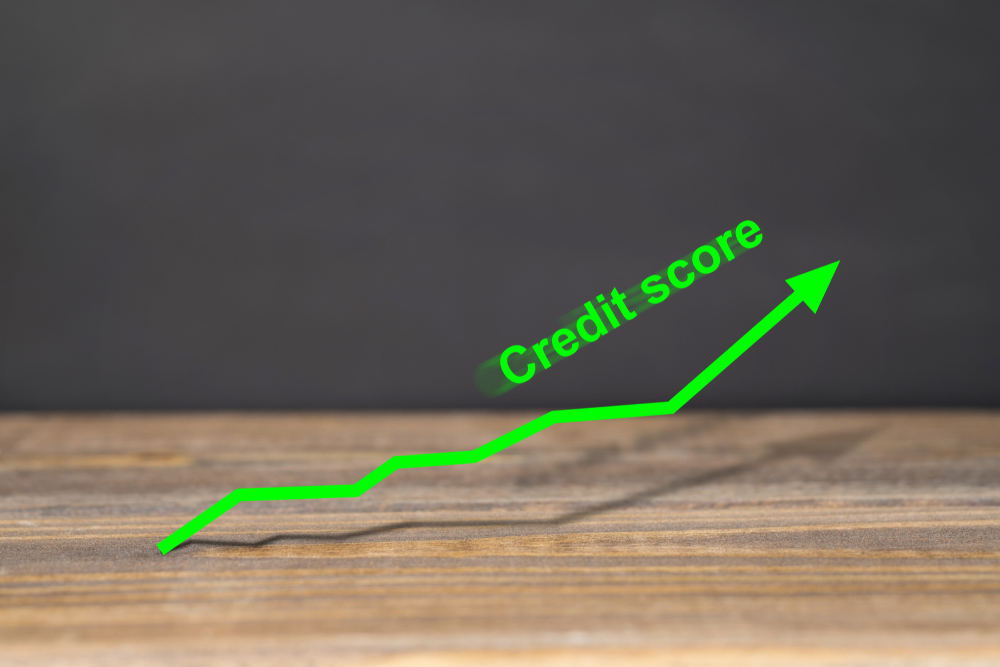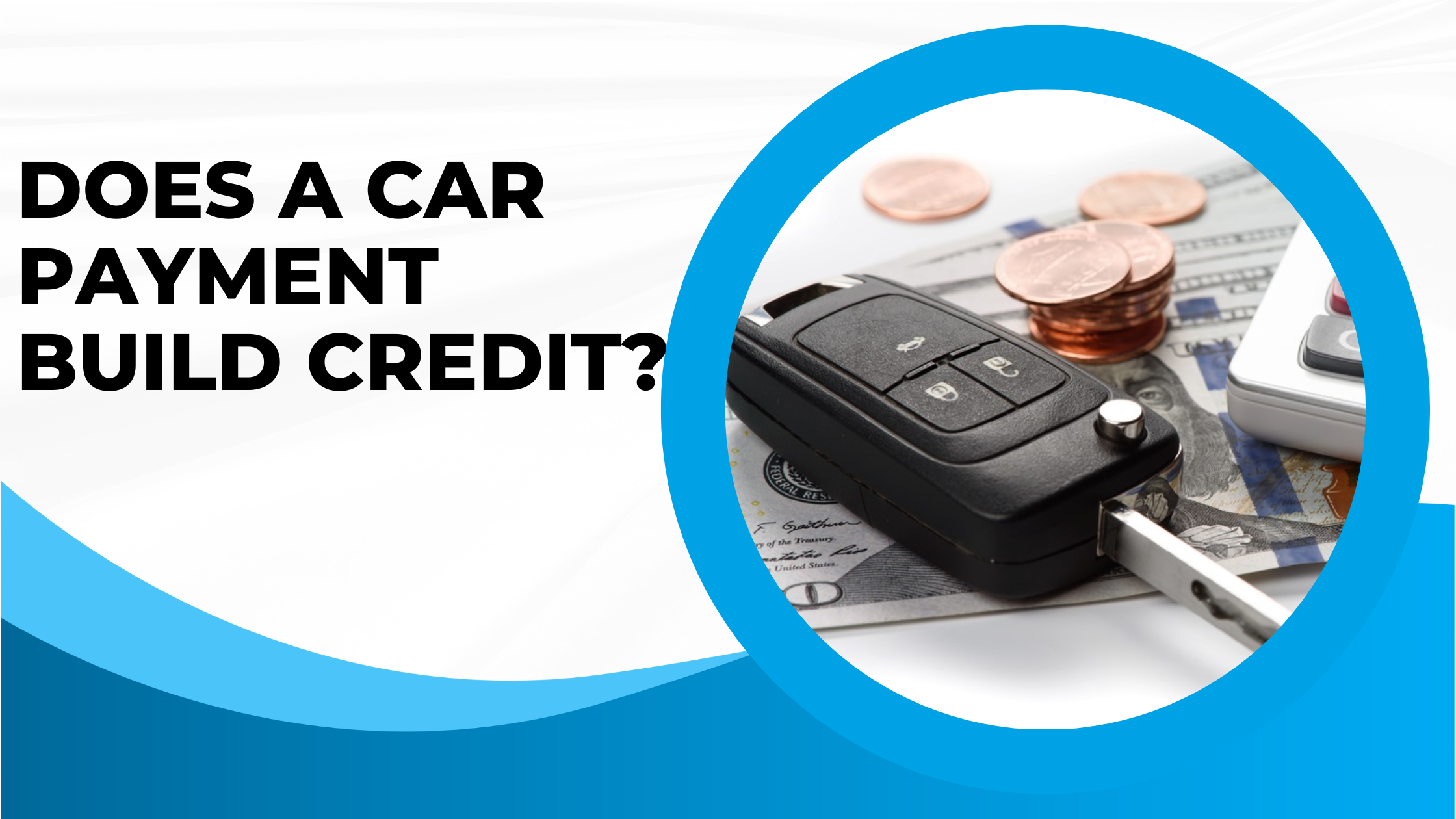That new car smell…
The envious looks from a passerby…
The wind on your face…
…all thrills of purchasing a new car.
But do car payments build credit?
Car loans can have a good and bad impact on your credit score depending on if you repay the auto loan in full and make timely payments.
While a car loan won’t always lead to building credit, making monthly payments on time will improve your credit.
Table of Contents
ToggleDoes Making loan payments on a car build credit?
Taking a car loan out and then making on-time payments monthly can work towards building your credit. The reason for this is because of the five main components that are used to calculate the FICO score:
- Credit Mix. What kind of credit accounts are opened in your name (e.g. revolving credit cards, installment loans)? This accounts for 10 percent of the FICO score.
- New Credit. How many new lines of credit have you opened, and what are they? This accounts for 10 percent of the FICO score.
- Credit History Length. What is the length of time that your credit accounts have been opened? This accounts for 15 percent of the FICO score.
- Amounts Owed. How much debt are you currently carrying? This accounts for 30 percent of the FICO score.
- Payment History. How often do you pay your bills on time? This accounts for 35 percent of the FICO score.
Car loans will influence your credit mix, new credit, and payment history the most from these five factors.
Every on-time monthly payment made will improve your overall credit score over time.
Because you’re taking on a new type of credit, your credit mix is also improving.
As you can see, adding a car loan does help you build credit.

What an Auto Loan Looks Like on a Credit Report
A car loan will affect your credit report and score.
The first time you look at your credit report, you might feel overwhelmed by all the data. For example, to see the car financing loan, turn to the page of the report provided by the three significant credit bureaus – TransUnion, Equifax, Experian – that has a list of your car loans and look for these categories:
- Type of accounts. Car loans are typically reported on your credit report as installment accounts.
Some other types of installment accounts are student loans and mortgages. These are payments set to the same amount each month for a set number of payments.
A portion of your credit score comes from the “credit mix,” obtaining a car loan could help your credit profile if no other installment loans appear. - Current status. When you’re making your car payments on time, your credit report will show that the auto loan is “paid as agreed” or “current.”
Payment history has the biggest impact on your credit score, so staying current on your payments can significantly benefit your credit score. However, if you fall 30 days behind on your payments, you’re at risk of having your car repossessed by the lender, which will also ruin your credit score.
If you can make all of your car payments on time, then your credit report will reflect that positively. But if you notice an error, for example, a payment made on time is posted as late, you should consider filing a dispute.
Remember that you get free copies of your credit reports every 12 months to help you check that your accounts are being correctly reported.
Credit Impacts Duing Your Car Loan
Let’s look at the impact that an auto loan has on your credit:
- Taking the car loan out. When you first open your car loan, your credit score will drop slightly because you’ve added new debt and a hard inquiry to your credit report.
This isn’t something that you should be concerned about because you’ll build your credit back up through the loan’s lifespan.
There’s no way to tell how many points your credit score will increase after taking out a car loan, but it can do more good than harm if you maintain the loan. - On-time payments. Lenders will look at your FICO score before determining if you’re qualified for the loan. Your payment history has the biggest impact on your credit score.
If you’ve been consistent and have paid all of your bills (including the car payment) in a timely basis, your credit score will improve.
In just a few years, this can even let you refinance your auto loan to get a better interest rate. - Late payments. According to FICO, having a late car payment of 30-days could lower your credit score by nine points.
This is true even if you’ve never missed a payment before. It will all depend on how late it was, and your payment history.
It’s always best to try to avoid missing any payments.
If you think you won’t be able to make a payment, you need to reach out to your lender to see if any options are available. - When the car is finally paid off. After you’ve finished paying your auto loan off, you should notice an improvement in your credit score because that loan has been closed and has a note that states that it’s been paid in full.
Experian says that once you’ve finished paying off a line of credit, you might notice a slight drop in your credit score because it’s a major change to your credit history.
But the lowered credit score is usually short-lived and will increase again after about two months, especially if you now have a good payment history. This will stay on your credit report for ten years.
How to Increase Your Credit Score
The easiest way to improve your credit is by being responsible when you buy things. This doesn’t mean that you’re limited to just making on-time payments for your car loan.
If you can pay the full amount of your bills every month on time, you will improve your bad credit score. There’s no quick fix for a bad score, but being responsible with your payments will help.

Additionally, here are a couple more tips to help you increase your credit score:
- Keep credit cards active
- Keep a healthy mix of types of credit
If you want a strong credit report, you will need a credit history. If you opened a credit card years ago and never use it, don’t be tempted to close it.
As long as that card isn’t maxed out, it can help improve your credit score by giving you a positive credit history.
When credit lenders look at your current credit amount usage, they prefer when you aren’t using more than 30 percent of your available credit. This helps give them confidence that even though you’re using your credit, you’re also keeping on top of the payments.
You need your credit profile to have a mix of installment credit, such as mortgages and car loans, and revolving credit, such as credit cards.
However, you should avoid applying for these all at the same time.
Having a surge of applications for credit on your credit report will put a red flag on your report and make you look desperate for money instead of simply searching for ways to improve your credit.
Conclusion
Do car payments build credit?
Car loans can help you build credit and help you improve your credit score.
While you might experience a decrease in your credit score when you first open a car loan, it will build back up over time.
When you apply for a car loan, your application generally is sent to a few credit lenders. Whenever one of those lenders looks into your credit report, a hard inquiry is put on your report.
Any inquiries made during the car loan process will appear on your report. However, credit scoring systems will generally combine inquiries, so they only count as one.

